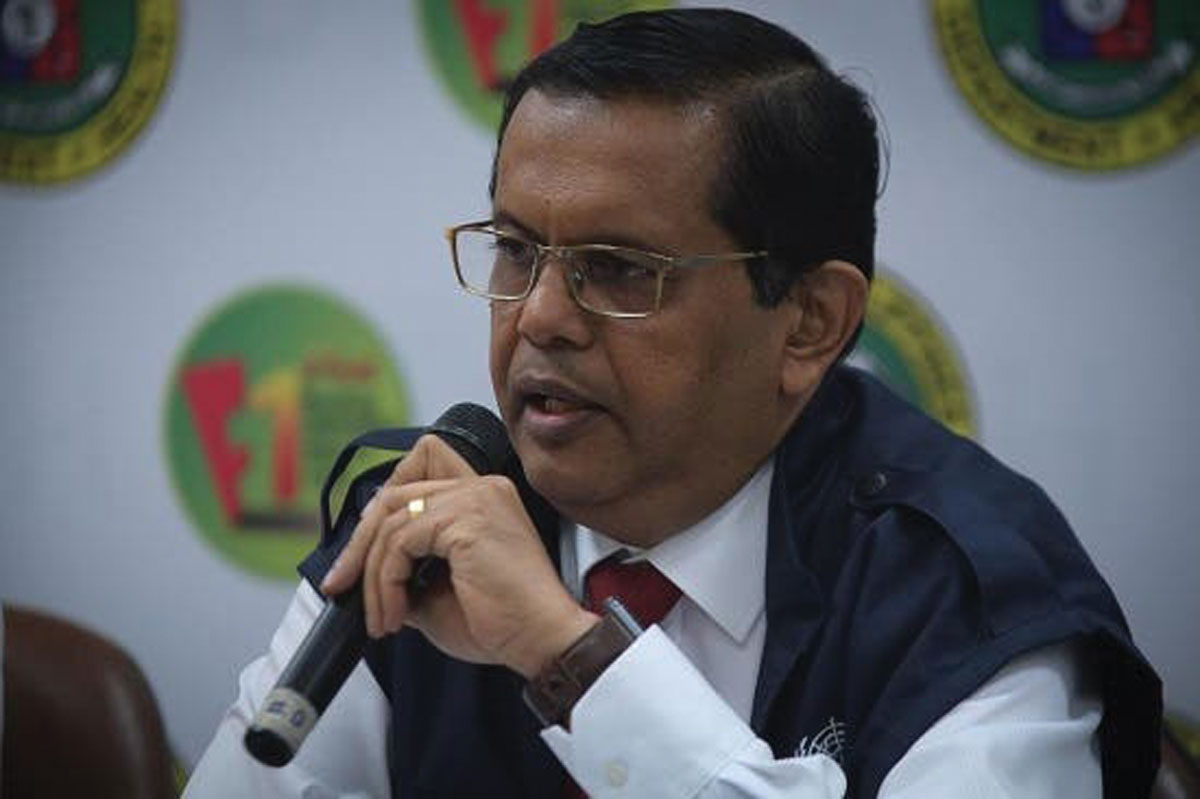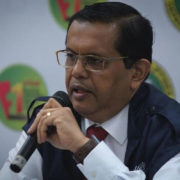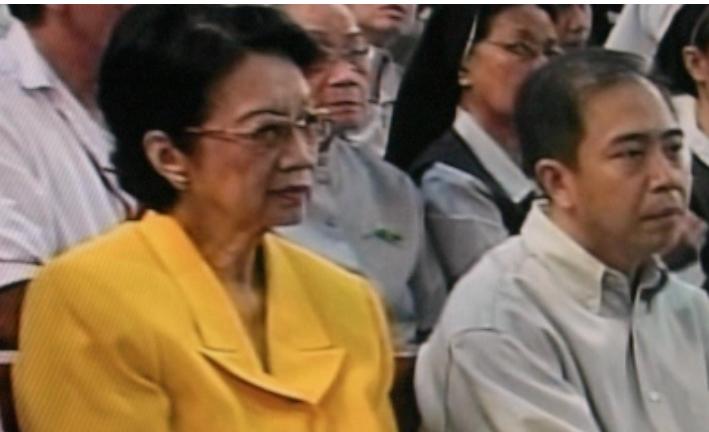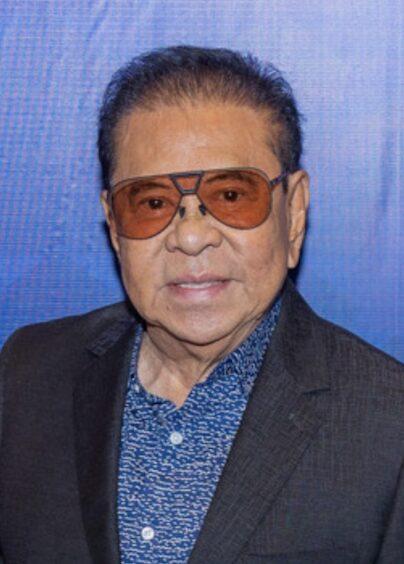
THE World Health Organization on Tuesday, June 30, clarified that it did not say that the Philippines had the fastest rise in COVID-19 cases in the Western Pacific Region.
According to WHO Country Representative to the Philippines Dr. Rabindra Abeyasinghe, the WHO does not compare countries or make assessments based on countries’ performance.
“It is not the World Health Organization that did this. I’ve seen a lot of comments and commentaries, points of view that the World Health Organization did this. The World Health Organization does not compare countries or make such assessments,” he said.
Abeyasinghe pointed out that it was a journalist who interpreted WHO’s report in a certain way.
“All those assessments [were] done by a journalist of the Inquirer in the Philippines using the data that we have in our dashboard like many other dashboards that are globally available,” he said.
“It is unfair to say that the WHO has made that comment or assessment. We did not,” he added.
The WHO official then lauded the Philippines for its response to the pandemic.
“The Philippines has been doing relatively well,” Abeyangsinghe said.
He added, “We are happy that the Philippines enforced early lockdowns, which actually helped prevent possibly hundreds of thousands of cases and thousands of deaths.”
However, he pointed out that the “compliance” with the Department of Health’s guidelines to contain the spread of COVID-19 “does not seem to be universally good.”
“The DOH has come up with very good guidelines on how to manage positive cases, how to quarantine them – but the implementation at local government levels in different areas of the country is different. So we see poor compliance with the guidelines, we are seeing that number of cases increasing and this is actually becoming a worrying situation,” noted Abeyangsinghe.
The official urged the Philippines to improve its contact tracing efforts.
“What we are advocating is that the DOH and the government – as they invest in expanding testing capacity – to invest (also) in actually contact tracing, identifying contacts, and quarantining and isolating them so that we prevent further transmission from those cases,” he said.
“Unfortunately, this aspect of the Philippine response needs a little more strengthening. There is improvement in the last month but is not keeping pace with the pace of the expansion of the testing capacity,” Abeyasinghe added.







